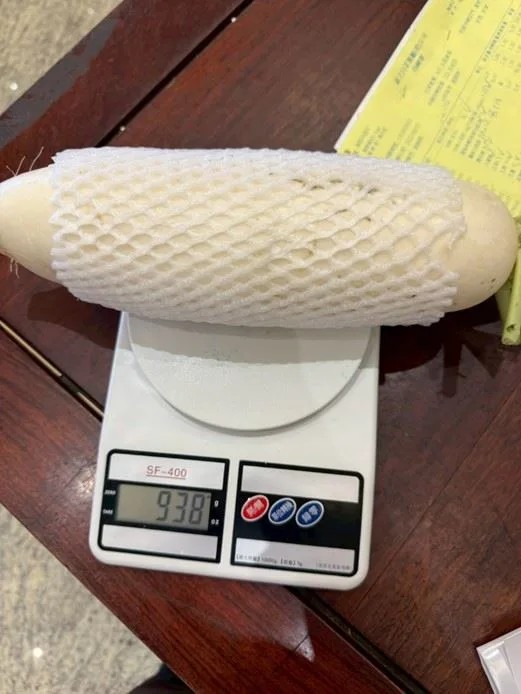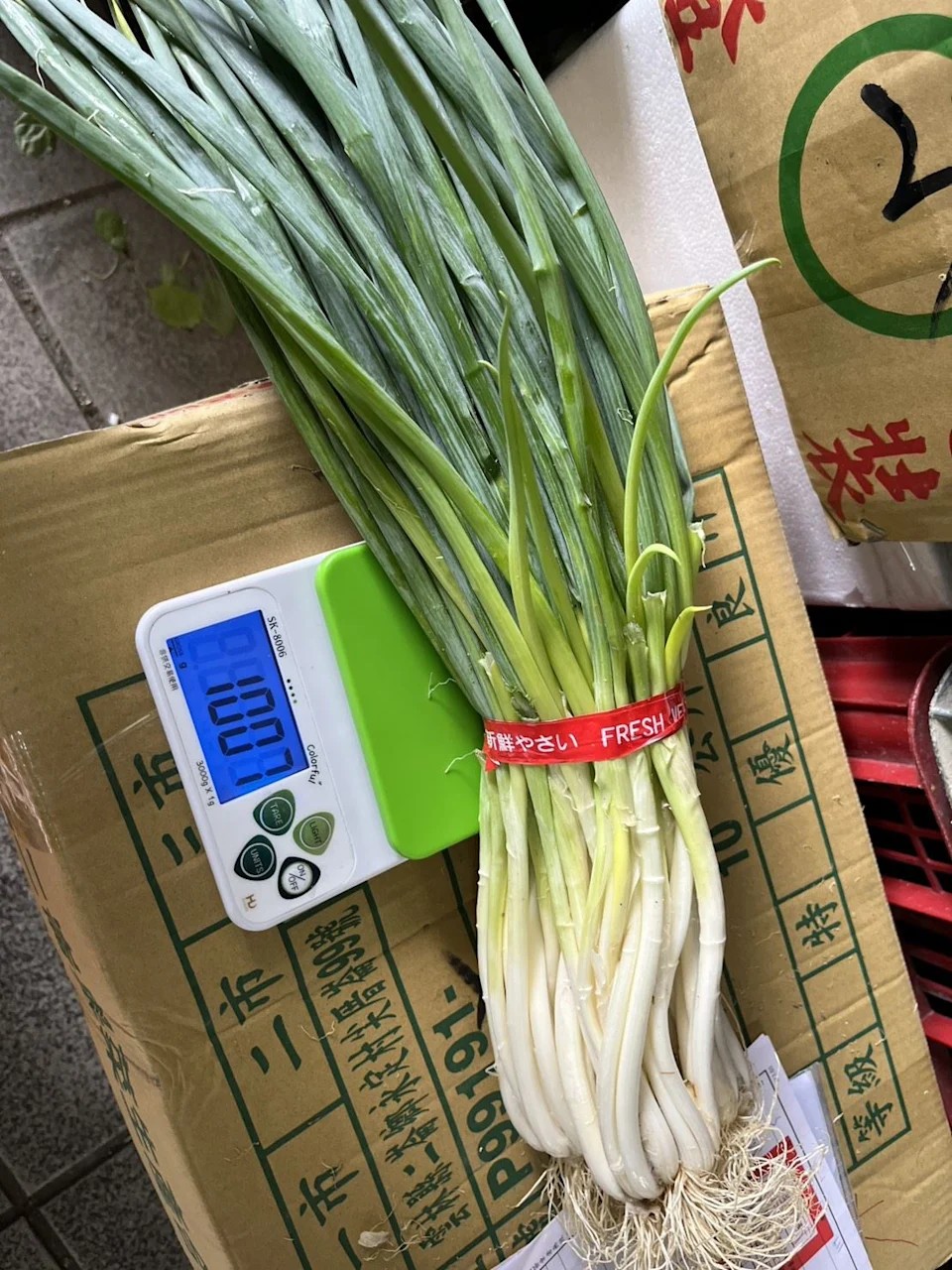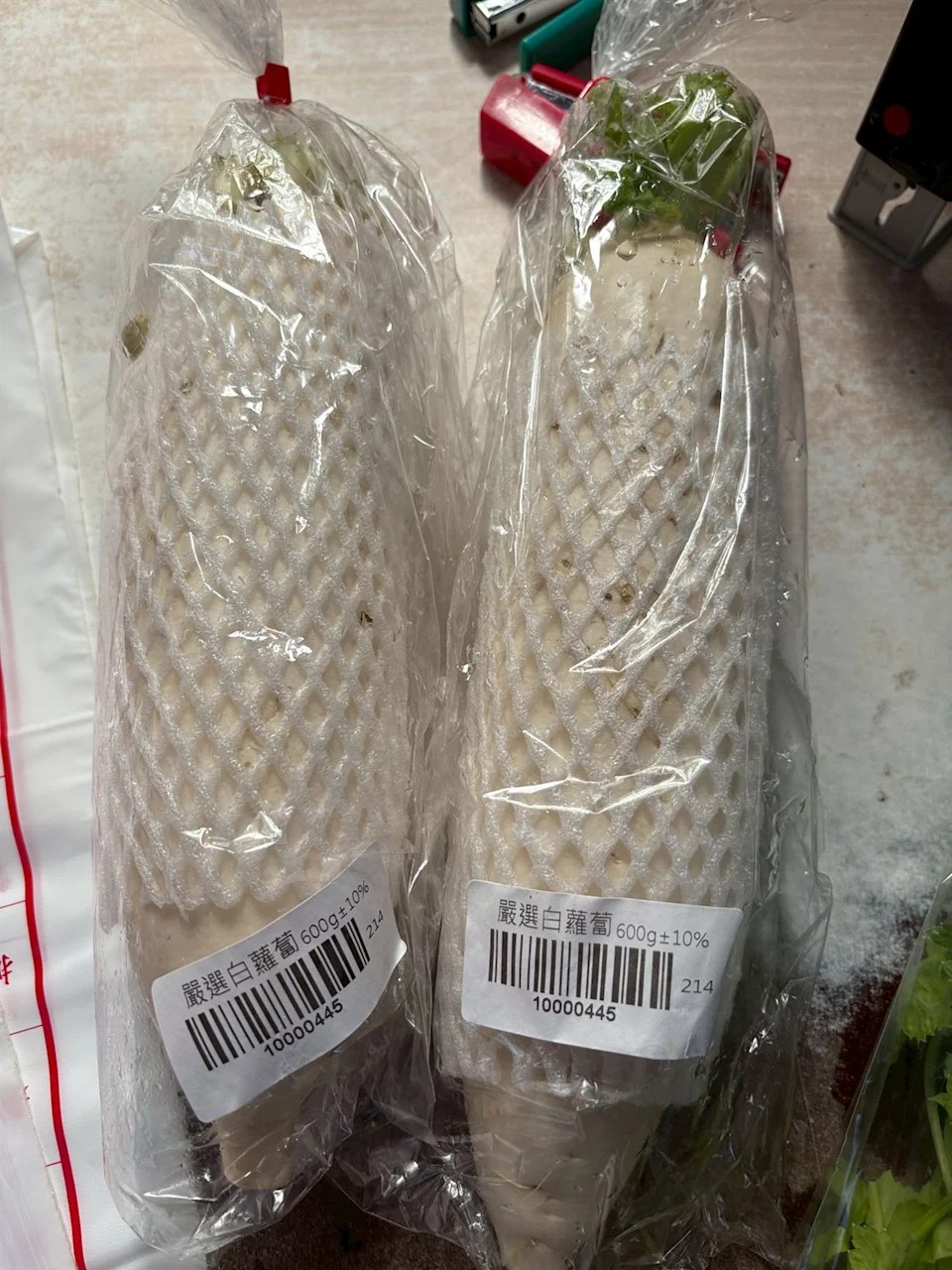latest news
Haibawang and Huannan Market are on the list! Seven items of fruits and vegetables in Taipei City have excessive pesticide levels, including white radishes and green onions.
The Taipei City Health Bureau announced today (7) the list of unqualified fresh fruits and vegetables for August 2015. A total of seven products, including white radish, basil, and green onion, were found to have unqualified pesticide residues. The Health Bureau has ordered the sampling locations to remove them from the shelves and not to sell them. Among them, Bawang Sichuan Restaurant (Haibawang Chang'an Branch) and Huannan Market are on the list. Lin Guanzhen, Director of the Food and Drug Administration Section of the Taipei City Health Bureau, said that the Health Bureau regularly visits Taipei City markets, fruit and vegetable retailers, supermarkets, stores, restaurants, etc. to sample fresh fruits and vegetables for pesticide residue inspection. In August 2015, a total of 49 fruit and vegetable products were sampled, and the test results showed that 7 products did not meet the regulations, with a failure rate of 14.3%. The non-compliant products sampled this time were three items of white radish; one each of basil, green onion, cowpea, and chili pepper. Each item contained one or two pesticide residues that violated the "Pesticide Residue Permit" standards, making them all high-risk agricultural products.
Among them, at Bawang Sichuan Restaurant on Chang'an West Road in Datong District, Taipei City, two pesticides were found in excess of the permitted levels: the insecticide cypermethrin at 3.1 ppm (standard: below 1.0 ppm) and the herbicide cypermethrin at 0.01 ppm (standard: not detectable). Additionally, two pesticides were found in excess of the permitted levels: the insecticide clofentine at 0.03 ppm (standard: below 0.02 ppm) and the insecticide cypermethrin at 1.16 ppm (standard: below 0.25 ppm).
The Huannan Market in Wanhua District also failed to meet the standards for two items, including 0.02 ppm of the fungicide Pabenko in green onions (standard: not detectable), and 0.05 ppm of the insecticide Defenac in beans (cowpeas) (standard: below 0.01 ppm). The Malaya Cantonese Restaurant on Chang'an West Road in Datong District also tested negative for chili peppers, with the fungicide poraclat at 0.02 ppm (standard: 0.01 ppm or less). White radishes at the Shunfeng Fruit and Vegetable Store on Qingjiang Road in Beitou District were found to contain the insecticide clonidin at 0.20 ppm (standard: 0.02 ppm or less). Furthermore, the carefully selected white radishes at the Youshi Da'an Store were found to contain the insecticide sulphan at 0.63 ppm (standard: 0.25 ppm or less).
For these non-compliant products, the Department of Health has ordered the sampling locations to remove them from sale. Products traced to other counties and cities have been referred to the relevant health bureau for handling. For products originating in Taipei City, if investigations confirm violations, they will be handled in accordance with the Food Safety and Sanitation Management Act. We have also notified the Taipei Agricultural Products Marketing Corporation to suspend the supply of the specified product code for 10 days, in accordance with the guidelines for inspection and handling of incoming fruits and vegetables for pesticide residues and additives. For the first violation, a case will be filed and sampling will be strengthened. For the second violation, the supply will be suspended for one month. For the third violation, the supplier's qualification to supply the substandard fruits and vegetables will be revoked. During the suspension period, no one with the same ID number and product code will be allowed to receive goods. Inspections will also be strengthened on fruit and vegetables entering the market and suppliers of substandard products.
The Department of Health emphasized that those whose pesticide residue content does not meet the "pesticide residue tolerance standard" are in violation of Article 15, Paragraph 1, Clause 5 of the Food Safety and Sanitation Management Act, which stipulates that "the content of pesticide residues or animal drugs exceeds the safe tolerance." According to Article 44, Paragraph 1, Clause 2 of the same law, the responsible business may be fined not less than NT$60,000 and not more than NT$200 million; if the source cannot be explained, the seller may be fined not less than NT$30,000 and not more than NT$3 million in accordance with Article 47 of the same law.



